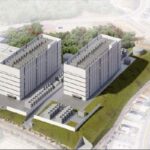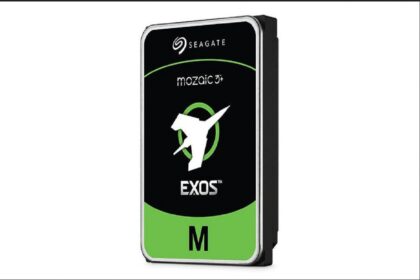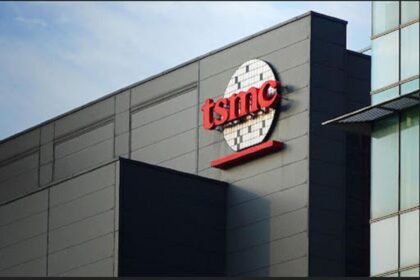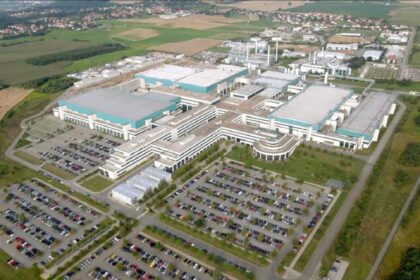Qualcomm Hires Top Intel Server Engineer
Qualcomm has made a significant move in its pursuit of the data center market by hiring Sailesh Kottapalli, a seasoned expert with nearly three decades at Intel. Kottapalli, formerly a senior fellow at Intel, announced his new role at Qualcomm via LinkedIn, calling it a “once-in-a-career opportunity.”
During his tenure at Intel, Kottapalli played a pivotal role in shaping the Xeon server processor line and contributed to multiple facets of system architecture, including CPU cores, memory, and platform engineering. His experience spans validation engineering, microarchitecture, and full-chip floor planning. Reflecting on his time at Intel, Kottapalli noted that he felt “good about where Xeon is right now and what is coming up next.”
Qualcomm’s Vision for Data Center Processors
Job Postings Highlight Ambitious Plans
Recent job listings from Qualcomm have revealed the company’s intent to develop a high-performance, energy-efficient server system-on-a-chip (SoC) tailored for data center applications. These postings describe the role of a server SoC architect who will help design reference platforms based on Qualcomm’s Snapdragon technology.
The company aims to deliver a comprehensive solution encompassing hardware, software, reference designs, user guides, and SDKs. Ideal candidates are expected to have extensive knowledge of SoC architecture, particularly for data center applications.
Nuvia Acquisition and Legal Challenges
Qualcomm’s foray into the server market gained traction with its 2021 acquisition of Nuvia, a startup focused on Arm-based processor designs, for $1.4 billion. The acquisition was part of Qualcomm’s broader strategy to create energy-efficient processors for data center applications.
However, this move led to a legal dispute with Arm, which alleged that Qualcomm failed to obtain the necessary approvals to transfer Nuvia’s licenses. While a US jury ruled in December 2024 that Qualcomm had properly licensed the processor designs, a mistrial was declared on claims regarding breaches of Arm’s licensing terms.
Qualcomm’s Journey in the Server Market
The Snapdragon Edge
Qualcomm is best known for its Snapdragon processors, widely used in smartphones and mobile devices. In recent years, the company has shown increasing interest in leveraging its expertise to enter the server market.
In 2022, Qualcomm reportedly tested an Arm-based server chip with cloud and data center providers. This effort builds on its earlier attempt with the Centriq 2400 processor, which was ultimately discontinued after the company faced financial challenges stemming from a failed hostile takeover by Broadcom.
Market Potential
With growing demand for energy-efficient, high-performance server solutions, Qualcomm’s renewed focus on data center processors aligns with market trends. By integrating Nuvia’s technology and leveraging its mobile processor expertise, Qualcomm aims to carve out a niche in the competitive server market dominated by Intel and AMD.
FAQs: Qualcomm and Data Center Processors
1. What role will Sailesh Kottapalli play at Qualcomm?
Kottapalli is expected to contribute to Qualcomm’s efforts in developing cutting-edge server processors, leveraging his extensive experience with Xeon architecture and system design.
2. What is Qualcomm’s data center strategy?
Qualcomm plans to create energy-efficient, high-performance server SoCs, focusing on integrating hardware, software, and reference platforms for data center applications.
3. How does the Nuvia acquisition impact Qualcomm’s plans?
The acquisition provides Qualcomm with advanced Arm-based processor designs, bolstering its ability to develop innovative server solutions despite ongoing legal challenges with Arm.
4. Why did Qualcomm discontinue the Centriq 2400?
The Centriq 2400 project was discontinued due to financial constraints following Qualcomm’s defense against Broadcom’s attempted takeover.
5. How is Qualcomm’s approach different from Intel and AMD?
Qualcomm focuses on leveraging its mobile processor expertise to create energy-efficient solutions, targeting a niche market within the data center industry.


















